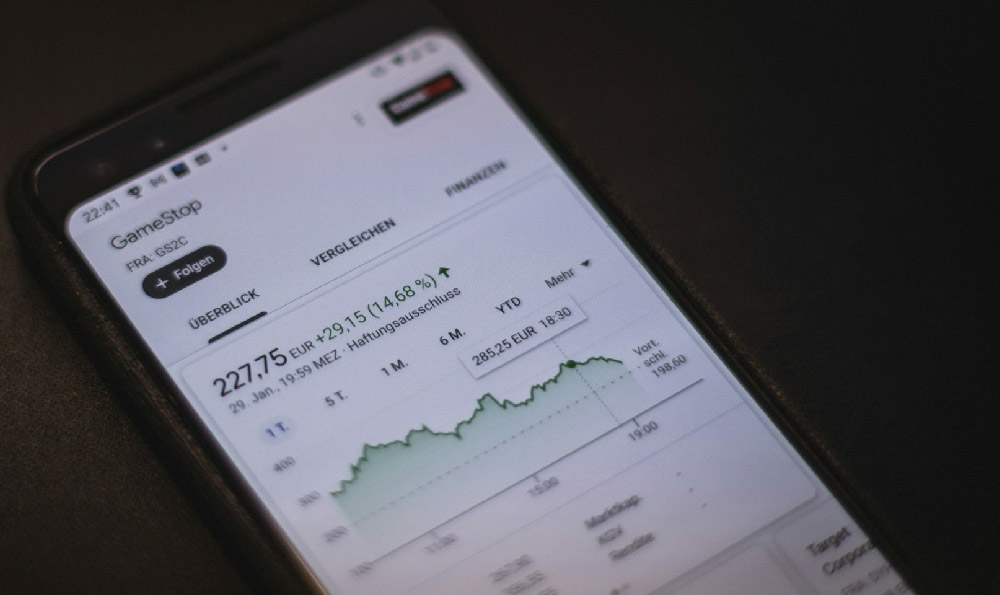Okay, I'm ready. Here's an article based on the title "How to Make Money on Your Phone? What Are the Best Apps?", aiming for depth, comprehensiveness, and avoiding numbered lists and explicit introductory phrases like "Firstly."
Unlocking Mobile Monetization: Navigating the App Landscape for Earning Potential
The smartphone, once a luxury, has become an indispensable extension of ourselves. We communicate, navigate, consume entertainment, and manage our lives through these pocket-sized powerhouses. But beyond the immediate benefits, a largely untapped potential exists: the ability to generate income directly from your phone. The app landscape is teeming with opportunities, ranging from micro-tasks to more substantial ventures. However, separating legitimate avenues from scams and understanding the nuances of each platform is crucial for success.

The appeal of making money on your phone lies in its inherent flexibility. It’s a method of supplementing income that can be integrated into existing routines, utilized during commutes, or leveraged in moments of downtime. It democratizes earning potential, allowing individuals with varying skill sets and time commitments to participate. While instant riches are rarely the reality, consistent effort and a strategic approach can yield tangible results.
One significant category of money-making apps revolves around the concept of leveraging existing skills and talents. Platforms catering to freelancers, such as Upwork and Fiverr, now offer robust mobile interfaces. This allows individuals with expertise in writing, graphic design, programming, translation, or marketing to connect with clients and manage projects directly from their phones. The advantage here is access to a global marketplace and the ability to set your own rates. However, competition can be fierce, and building a strong profile and securing initial projects often requires patience and persistence. Success in this realm hinges on presenting your skills effectively, delivering high-quality work, and building positive client relationships. Mobile freelancing requires discipline, responsiveness, and the ability to manage communication effectively through your device.
Another prominent sector centers around completing micro-tasks. These are typically short, simple activities such as taking surveys, watching videos, testing apps, or participating in market research. Apps like Swagbucks, Google Opinion Rewards, and Amazon Mechanical Turk (though the latter is more web-based, its mobile accessibility is growing) offer these types of tasks. While the payout per task is generally small, the cumulative effect can be meaningful over time, especially if integrated into daily routines. The key to success here is managing expectations. This isn't a path to significant income, but rather a way to earn small amounts during idle moments. Furthermore, it's vital to be discerning and avoid apps that require upfront payment or make unrealistic promises. Look for apps with a strong track record and positive user reviews.
The gig economy has also extended into the realm of mobile apps. Companies like Uber, Lyft, and DoorDash have revolutionized transportation and delivery services. While driving or delivering for these platforms requires a vehicle and compliance with local regulations, the scheduling flexibility makes it an attractive option for those seeking to supplement their income. The earnings potential depends on factors like location, time of day, and demand. However, it's crucial to factor in expenses such as gas, maintenance, and insurance when calculating profitability. The mobile app serves as the central hub for managing orders, navigation, and payment processing.
Moving beyond tasks and gigs, some apps focus on leveraging your existing assets. Platforms like Airbnb allow you to rent out your property or a spare room, generating income while you're away. Similarly, apps like Turo enable you to rent out your car when you're not using it. These options require a more significant level of responsibility, including managing bookings, communicating with renters, and ensuring the safety and cleanliness of your property or vehicle. However, they can also provide a substantial stream of passive income. A thorough understanding of local regulations, insurance requirements, and safety protocols is paramount.
Finally, a growing number of apps are focused on investing and trading. Platforms like Robinhood, Acorns, and Stash allow you to invest in stocks, ETFs, and cryptocurrencies directly from your phone. While these apps offer convenient access to financial markets, it's crucial to approach investing with caution and a solid understanding of risk management. Investing involves the potential for both gains and losses, and it's essential to conduct thorough research and diversify your portfolio. Apps like Acorns promote micro-investing by rounding up purchases and investing the spare change, making it an accessible way to start building wealth over time. However, remember that even small investments carry risk.
In conclusion, making money on your phone is a viable option in today's digital age. The key is to approach it strategically, selecting apps that align with your skills, interests, and risk tolerance. While there's no magic bullet for instant wealth, the potential to supplement your income and generate passive income is undeniable. Remember to prioritize security, research thoroughly, and manage your expectations. The mobile monetization landscape is constantly evolving, so staying informed and adapting your approach is essential for long-term success.












